The fashion industry is rapidly growing, and so is the need for charming outfits and accessories. However, the mass production of products usually dominates the market and thus making it difficult to stand out.
Among these bustling changes in the industry, nothing compares to the charm and authenticity of handloom products; they continue to captivate buyers. Although machine-made products are easily available and affordable, they lack the craftsmanship, sustainability, and cultural values that every Indian handloom product has.
In this blog, let’s understand what handloom and machine-made products are. Also, what makes them different, and why are handmade products a little special?
1. What Are Handloom Products?
Handloom products are textiles that are woven by an individual without the use of any machines. In this case, fabrics are made using natural fibres such as cotton, silk, and wool. India is one of the topmost countries that has a rich history of handloom weaving. Each region here has its own style, patterns, and unique techniques.
Key Characteristics:
- Every handloom fabric is made by a skilled weaver, making it a unique and one-of-a-kind piece.
- The products are eco-friendly, have great sustainability, and are environmentally friendly due to the use of natural dyes.
- Handmade product textiles tend to last long due to superior craftsmanship.
- India is home to a variety of handmade products due to its regional diversity. Some of the most popular among them are Banarasi silk, Pashmina shawls, Chanderi, and Jamdani.
2. What Are Machine-Made Products?
Machine-made products are made on a large scale. In other words, they are mass-produced textiles that are manufactured using power looms and industrial machinery. The automation process allows the manufacturer to produce products on a large scale, which in turn makes the fabrics widely available and cost-effective. They are commonly used in fashion and home furnishing.
Key Characteristics:
- Products can be made in bulk at a fast pace.
- The prints have slight variations. However, most of the products are similar.
- The fabrics are composed of polyester, nylon, and other synthetic materials.
- Due to products being mass-produced, the cost is low, thus, it is affordable and a budget-friendly choice for various customers.
3. What is the difference between Handloom and Machine-Made products?
|
Feature |
Handloom Products |
Machine-Made Products |
|
Production Process |
They are manually woven by artisans. |
They are manufactured using automated machinery. |
|
Material Used |
Natural fibres like cotton, silk, and wool. |
Mostly Synthetic and blended fibres. |
|
Design & Uniqueness |
They are unique due to their handcrafted patterns. |
They are identical since mass produced and lack a human touch. |
|
Environmental Impact |
Does not impact a lot since they are made of organic dyes. |
Its impact is significant due to the involvement of synthetic fibres and chemicals. |
|
Durability |
Long-lasting due to careful weaving. |
May wear out faster. |
|
Cost |
Higher cost due to craftsmanship. |
Lower cost due to bulk production. |
|
Cultural Significance |
Represent cultural and traditions of various regions |
Primarily focuses on efficiency. |
4. Why Are Handmade Products Special?
Despite the rise of industrial production, Indian handloom products continue to have higher values. Following are a few reasons why they are so special and standout:
- Unique Designs and Rich Culture: Each handloom product is carefully crafted by artisans using their own distinctive weaving techniques. Whether it be a Kanchipuram silk from Tamil Nadu, Phulkari embroidery from Punjab or Pochampally Ikat. Each product is unique due to its exclusive design and the significance it showcases of the regions.
- Eco-Friendly & Quality Craftsmanship: Indian handloom products are usually made of natural fibres; hence, the quality is not compromised in any regard. This makes them eco-friendly and sustainable. Additionally, the textile is far superior to any machine-made product, ensuring better longevity and durability.
- Ethical & Breathable: Handwoven fabrics are usually cotton and silk, which have excellent breathability, which makes them wearable for all seasons. Additionally, purchasing Indian handloom products supports preserving artisans' craftsmanship skills that they have learnt for years from generation to generation.
- Timeless Appeal: Handmade products never go out of style. Whether it be a Kanjeevaram saree or a Pashima shawl, these fabrics have a unique and never-ending charm that makes them a valuable addition to your wardrobe.
5. How to Identify Genuine Handloom Products
If you wish to buy an Indian handloom product, here are a few tips to ensure authenticity:
Tip 1: Always look for the Handloom Mark - it ensures that the product is authentic, and carries a certification mark that confirms its origin.
Tip 2: Feel the Fabric - If the handloom textile is softer and breathable, then it is genuine.
Tip 3: Check the Texture and Weave - Handloom products are made by artisans; thus, you might observe some irregularities and lack of uniformity.
Tip 4: Buy from a Reputable Store - Avoid buying products from any website. Choose a government-approved handloom store, an artisans market, or a certified online platform like Heritage Haat.
Conclusion
While machine-made products offer affordability and efficiency, they lack the artistry and craftsmanship found in handloom products. If you value quality, sustainability, and cultural heritage, handwoven textiles are the perfect choice.
By choosing Indian handloom products, you invest in superior craftsmanship, support artisans, promote ethical fashion, and help preserve a centuries-old tradition. So the next time you shop for textiles, consider the beauty and value of handmade products over mass-produced alternatives.
Choose reputable brands like Heritage Haat that promote artisans' craftsmanship and support their skills. Every piece tells a story, and the amount you pay is directly sourced to the artisans.

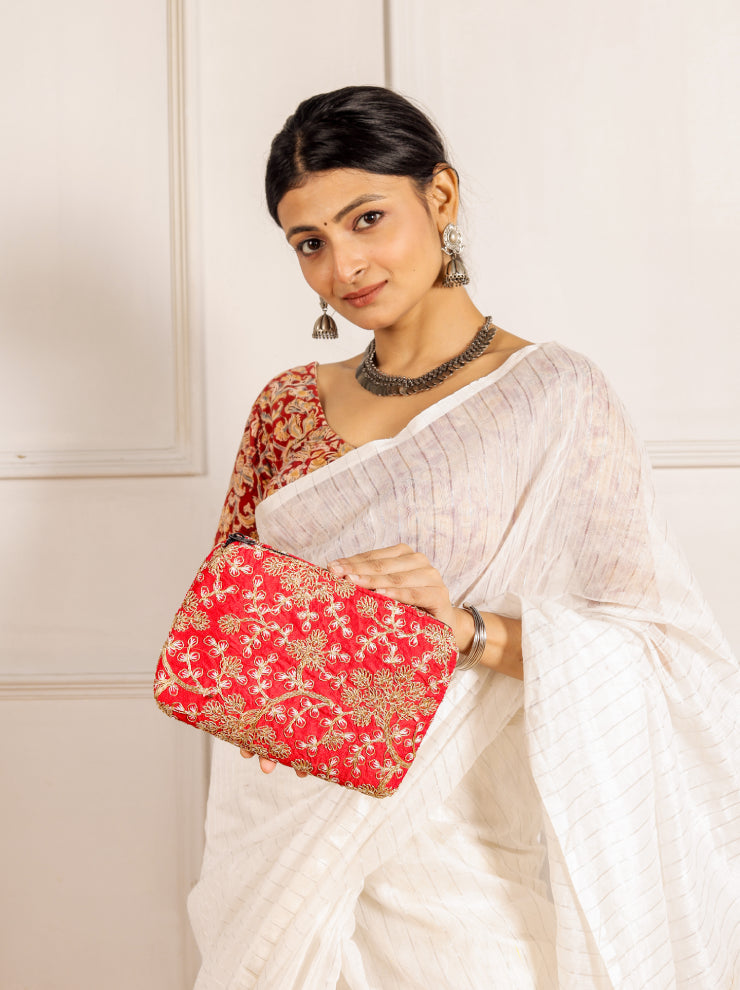
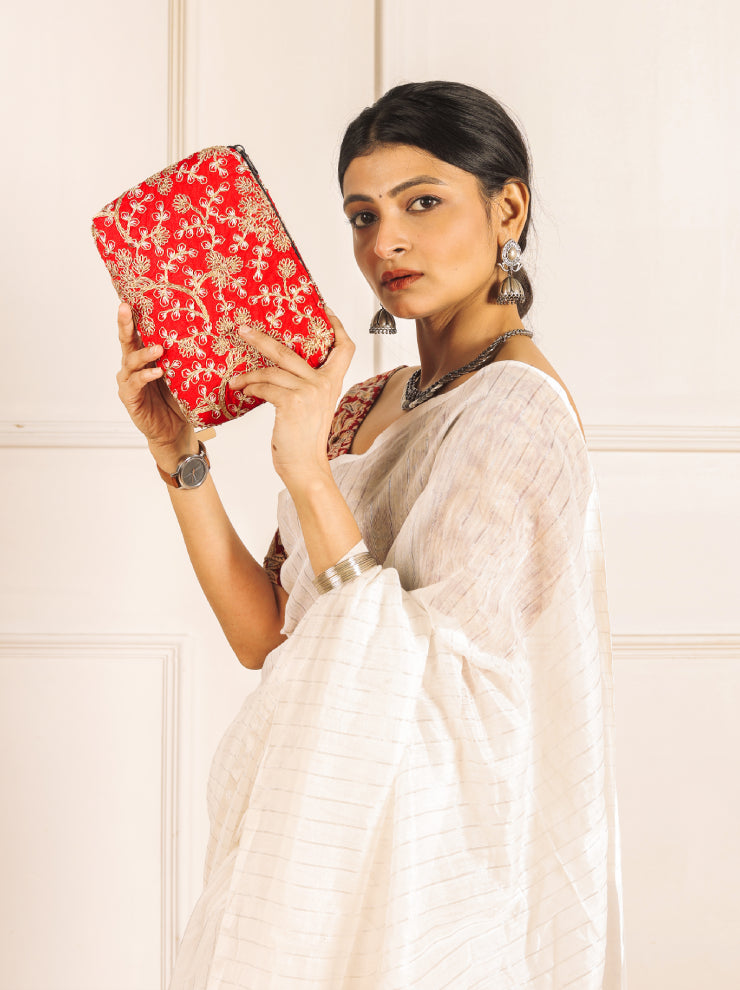
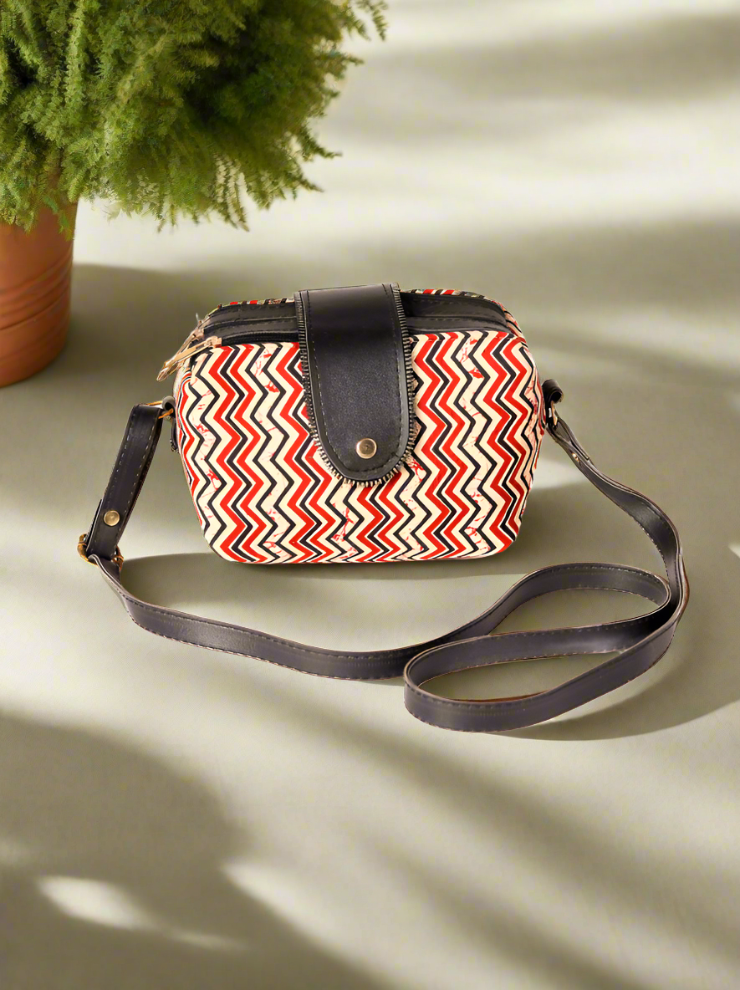
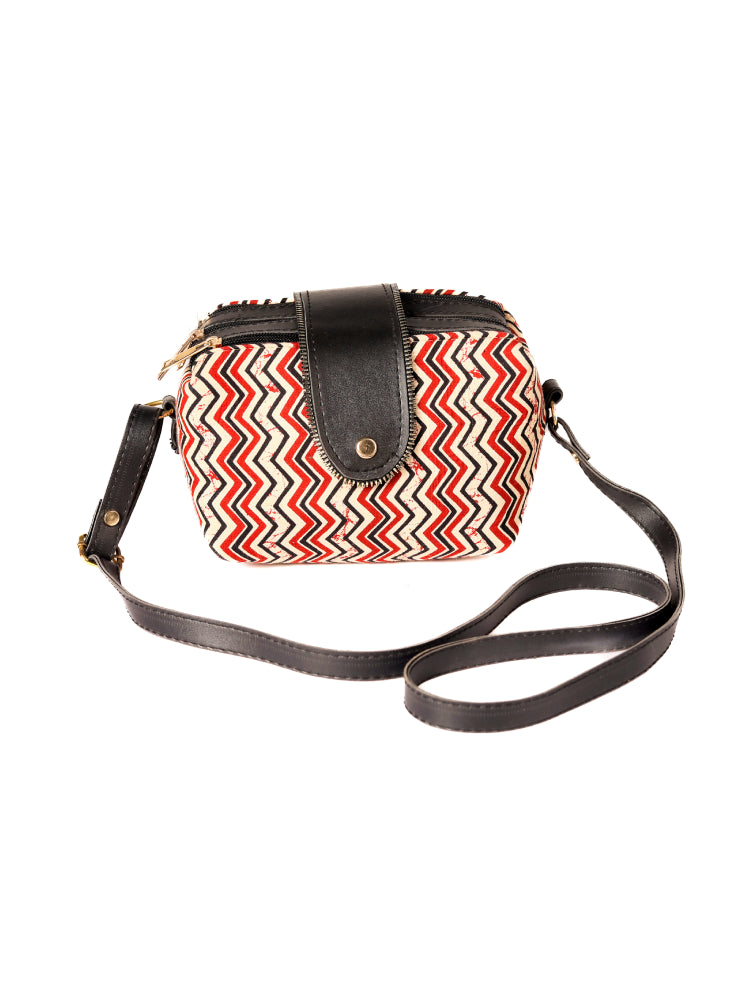
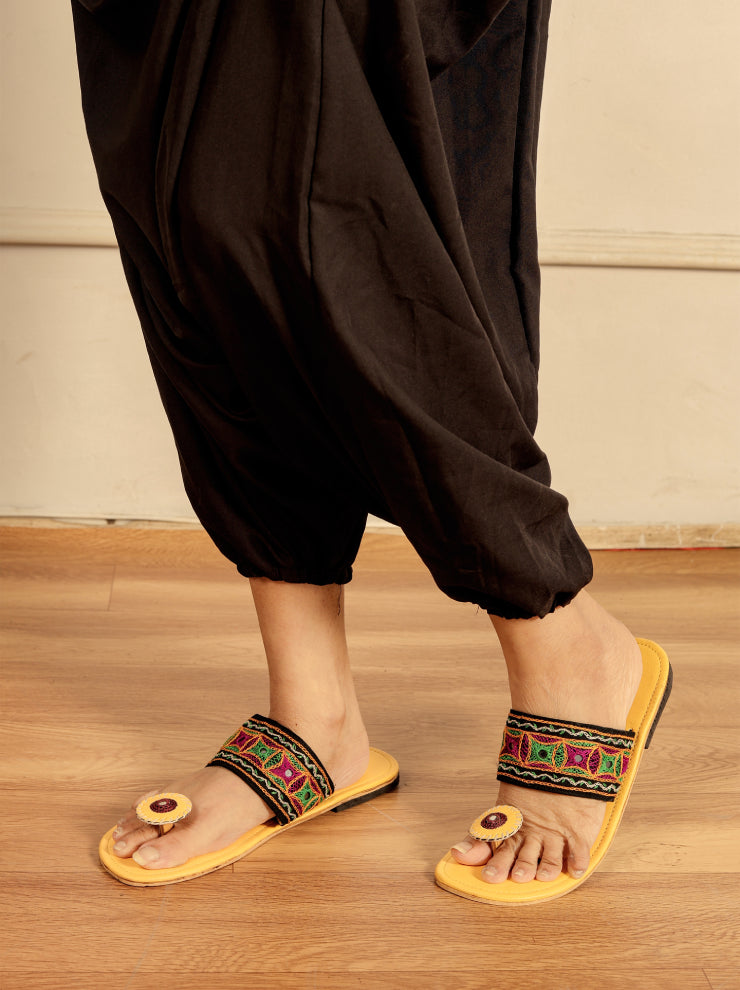
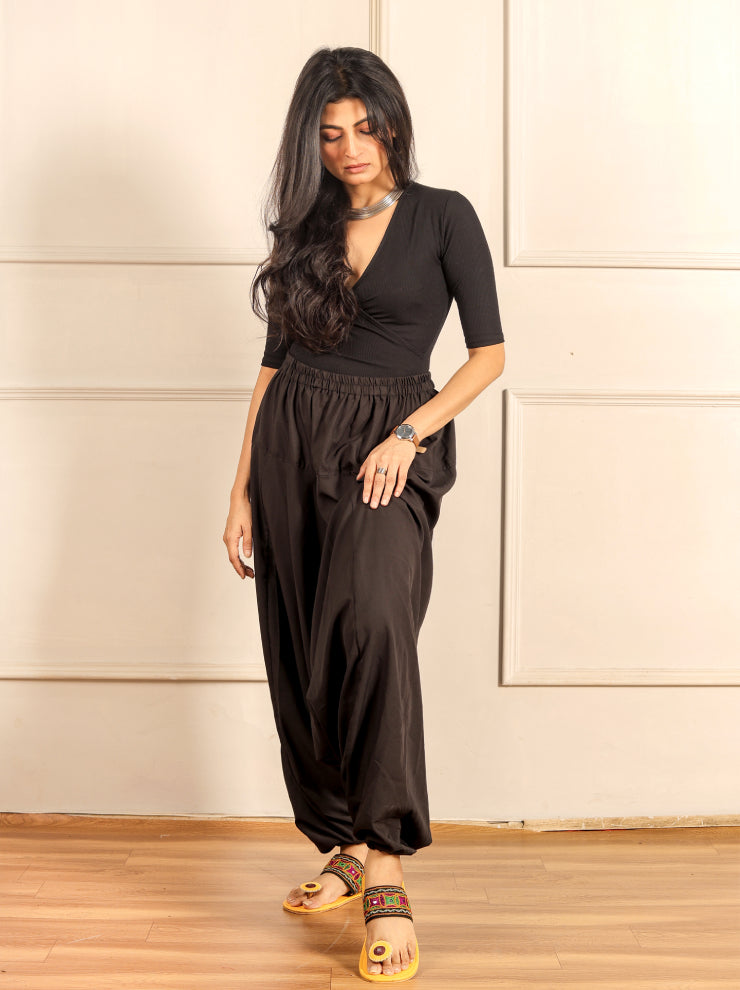
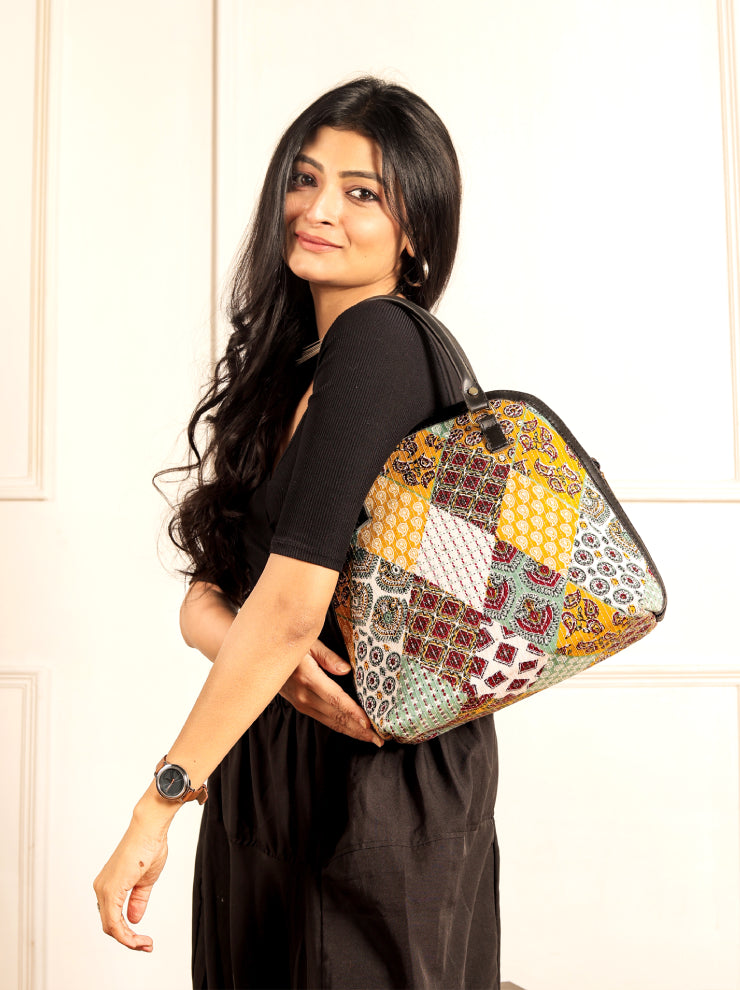

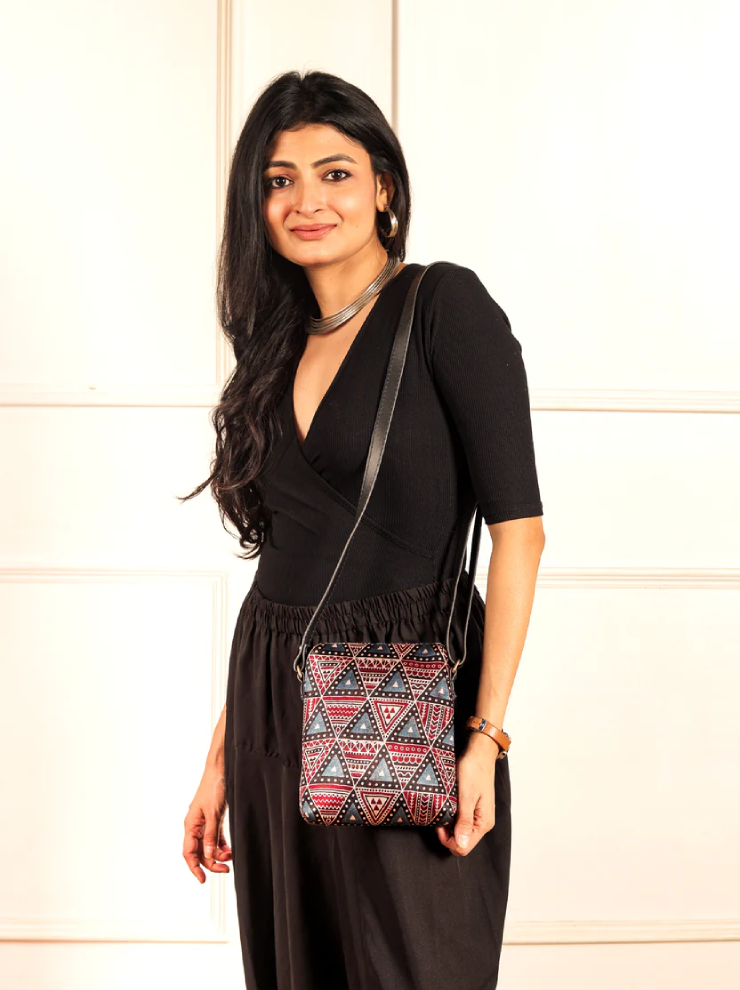
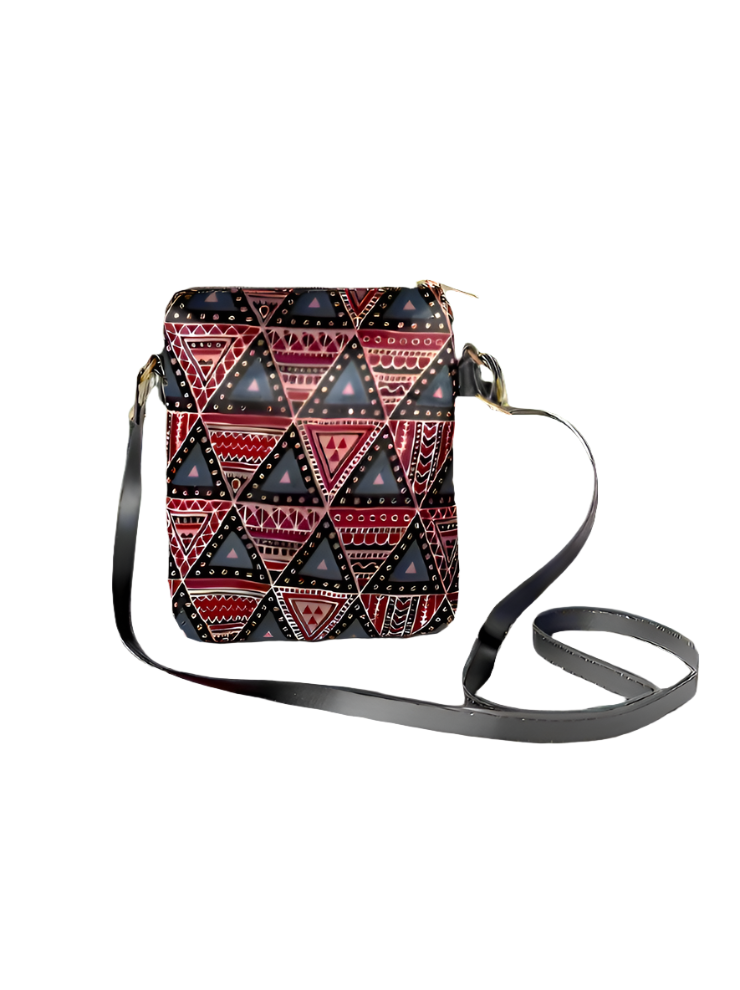
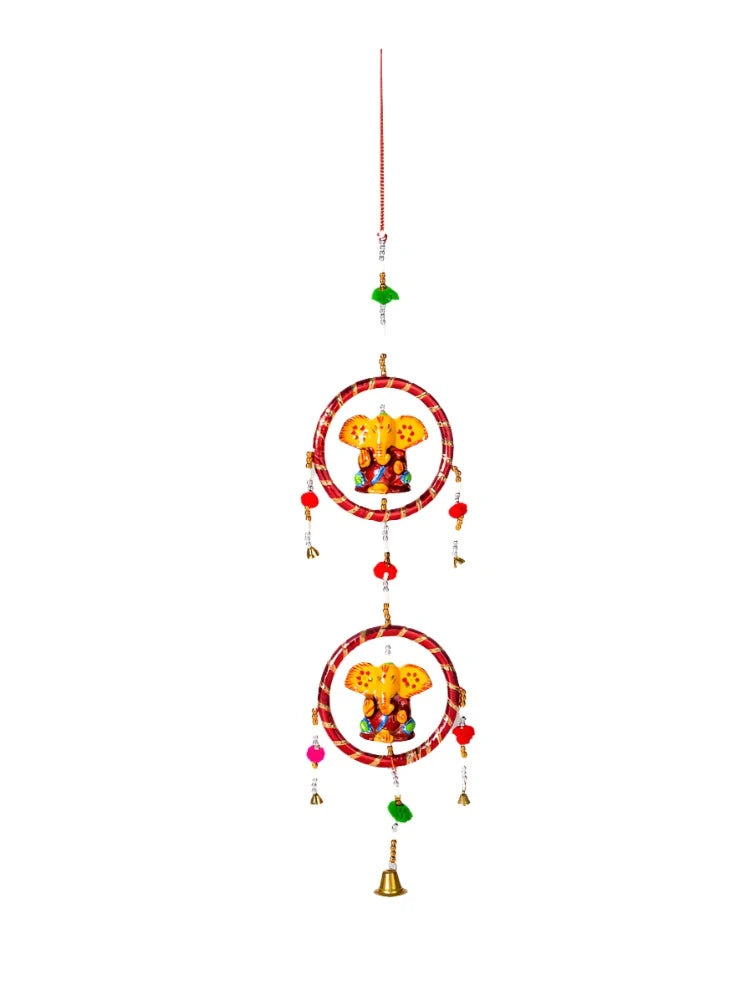
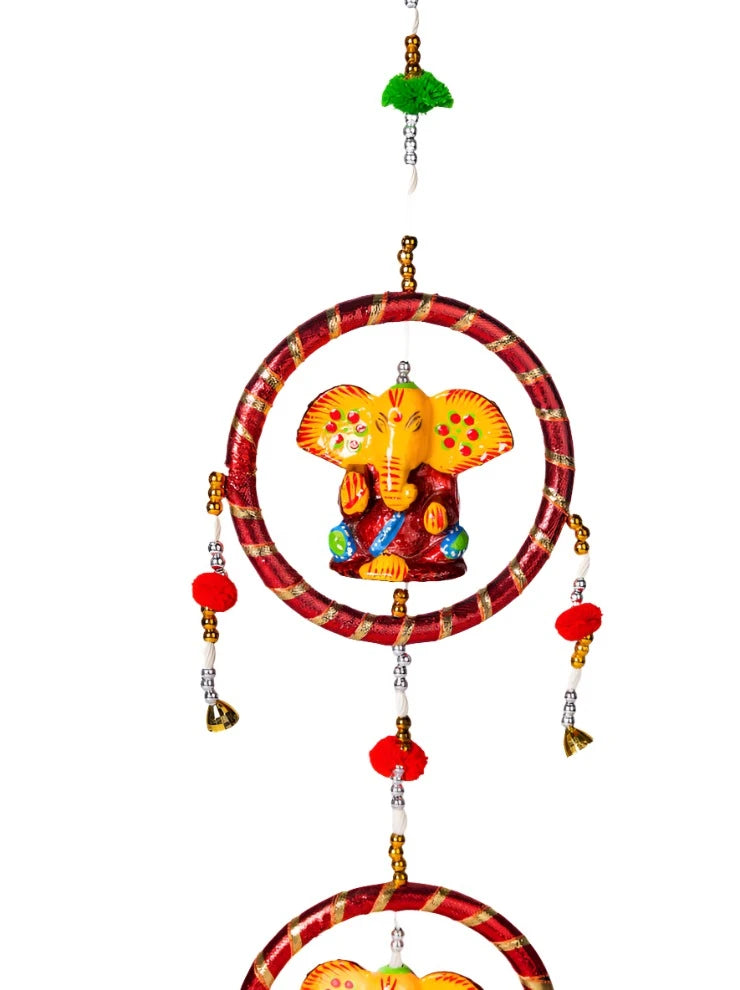




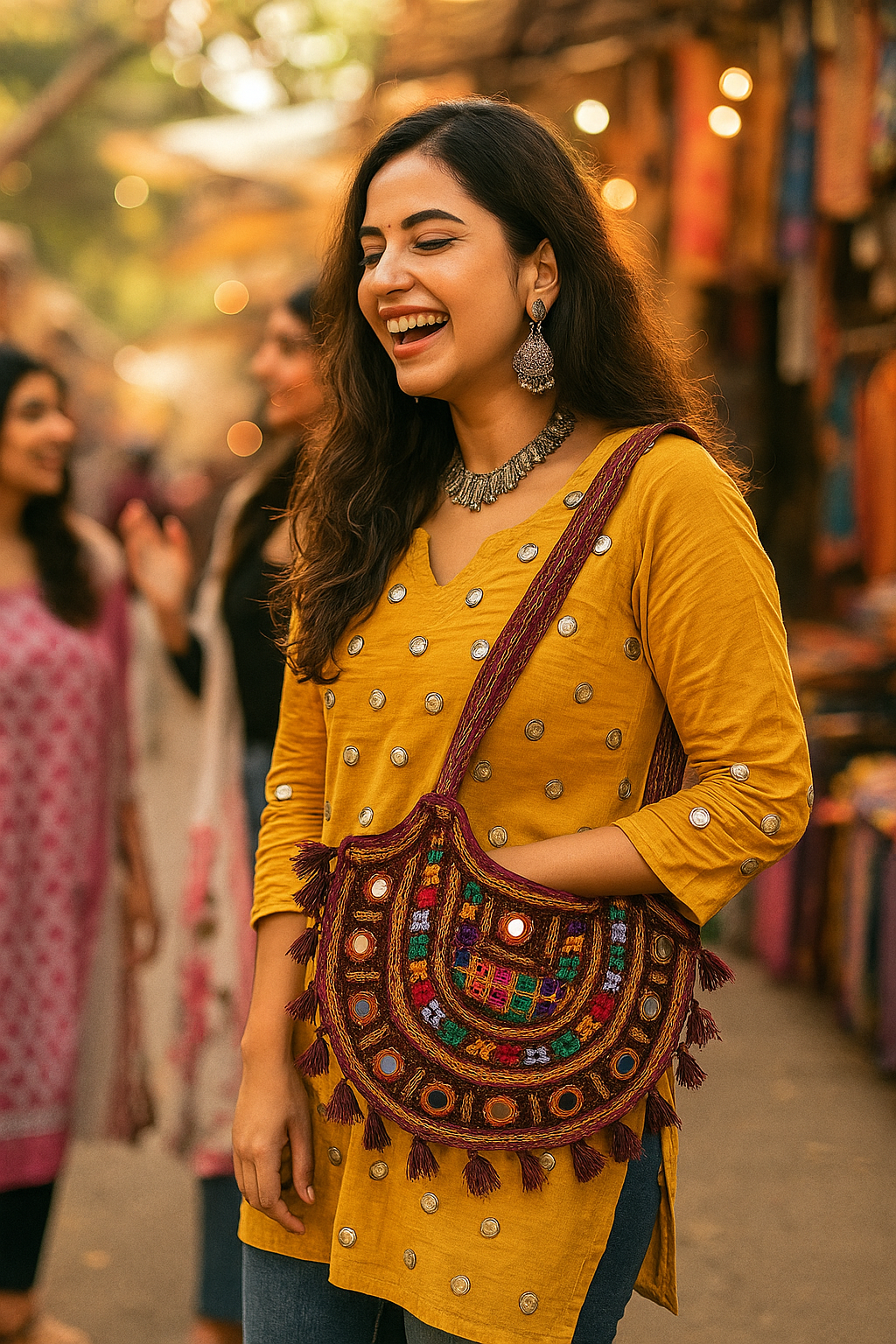
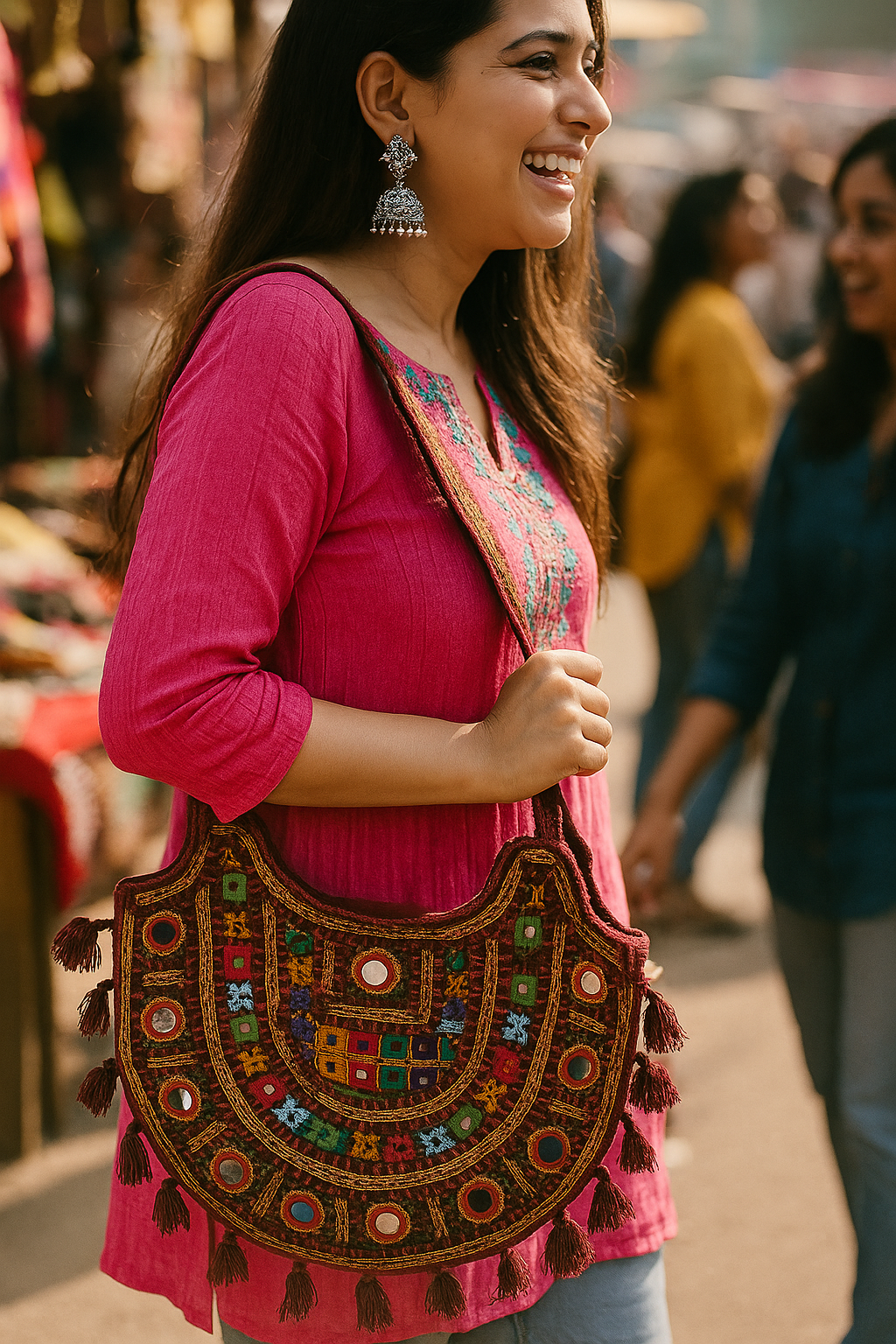
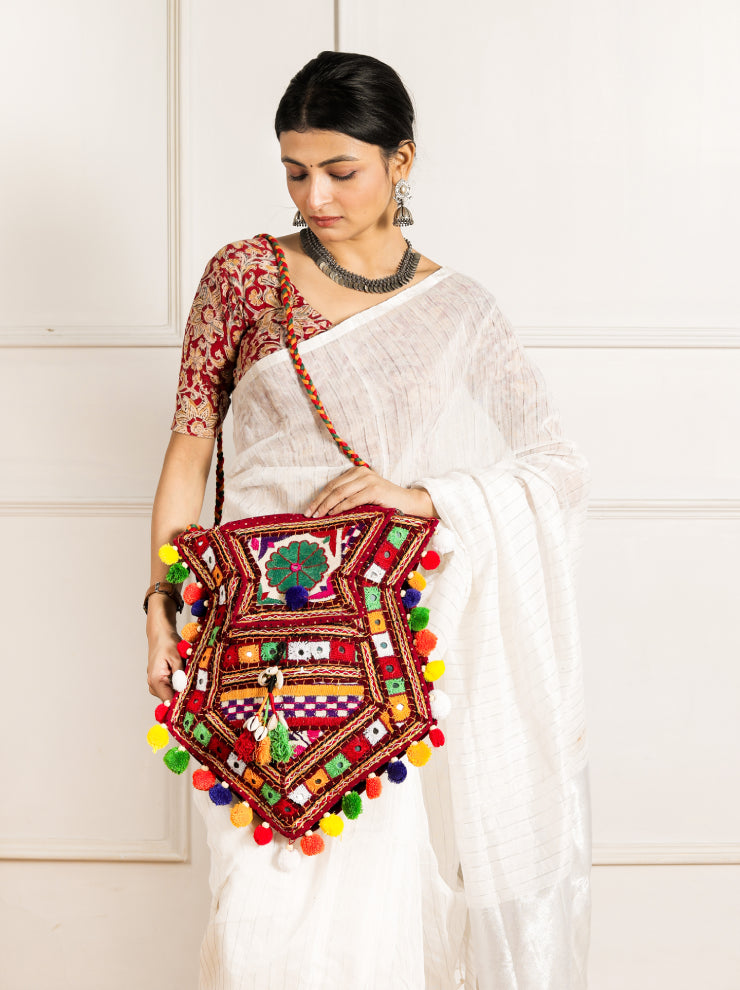
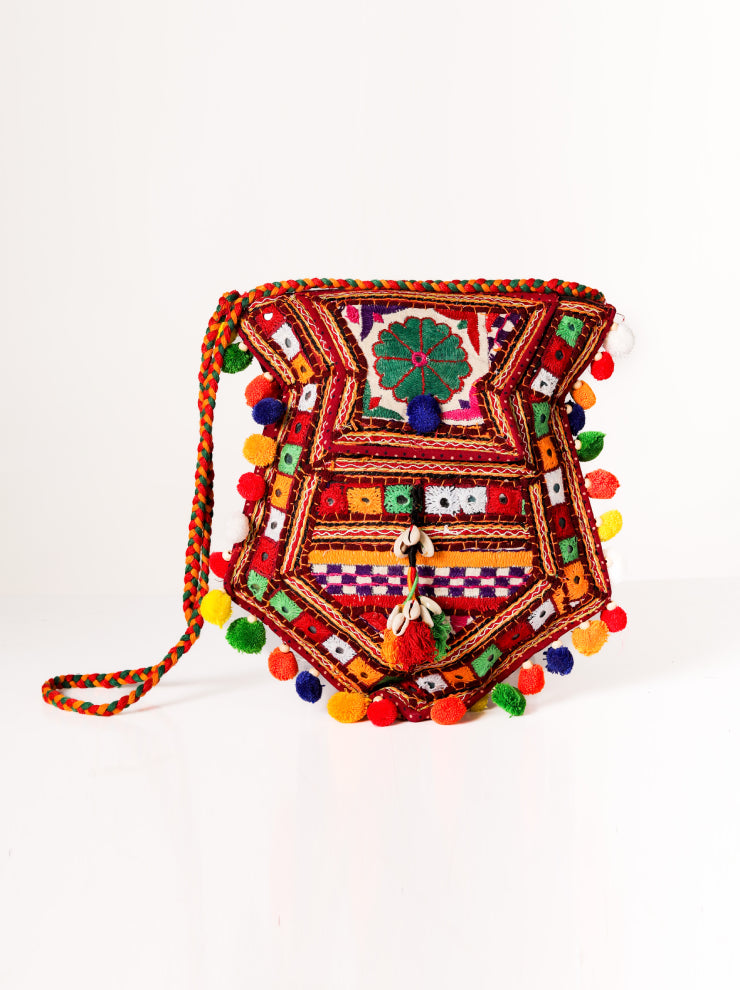
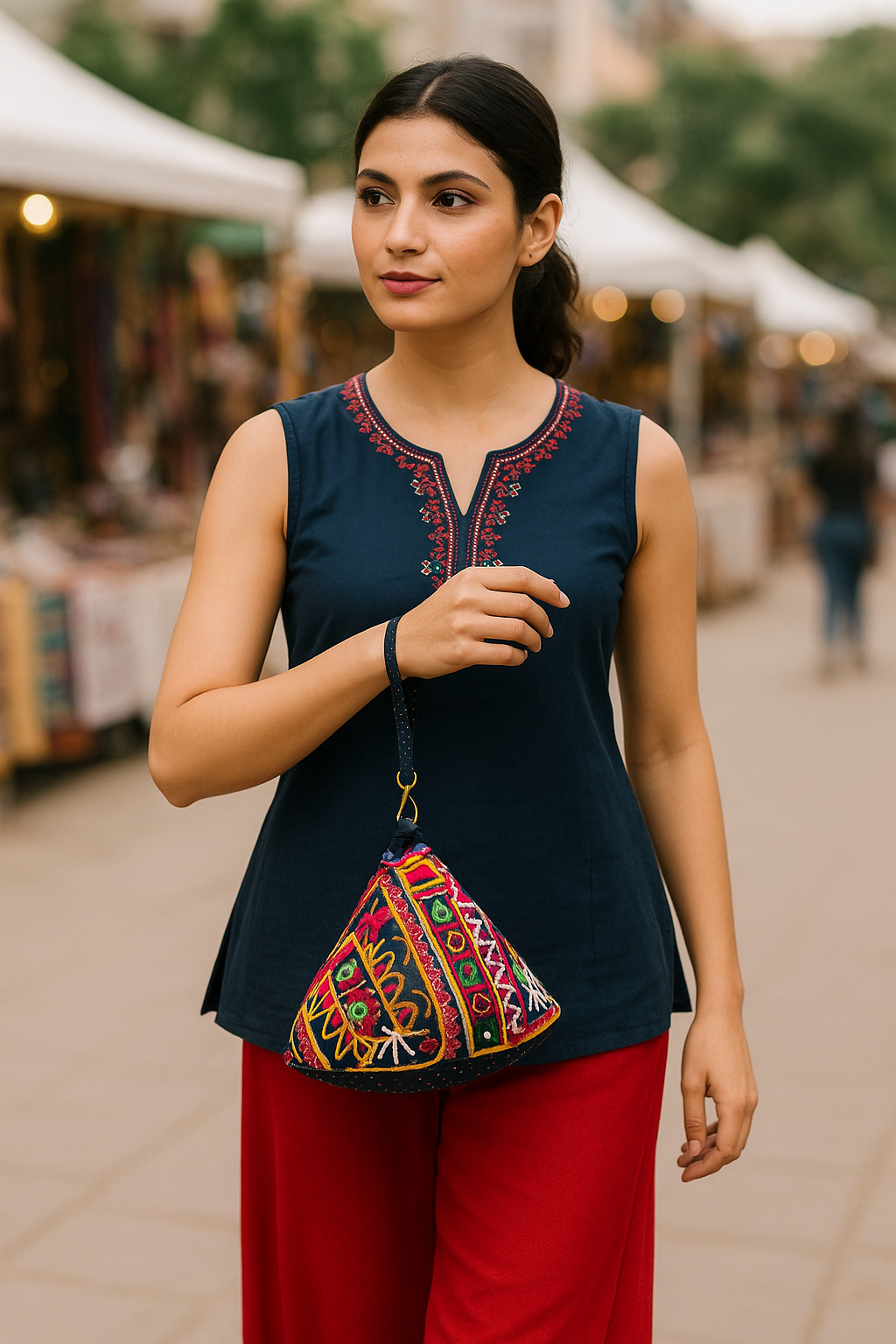
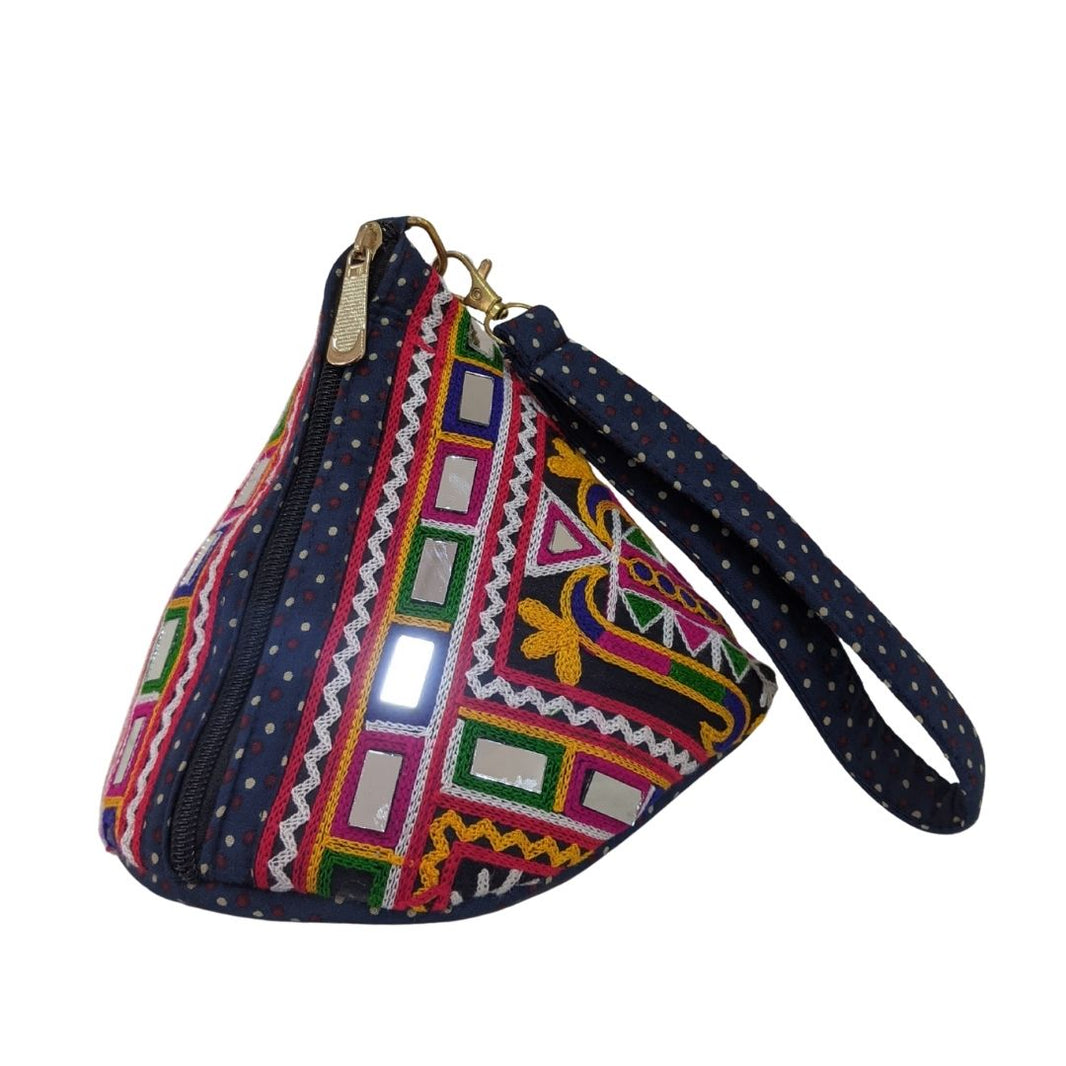
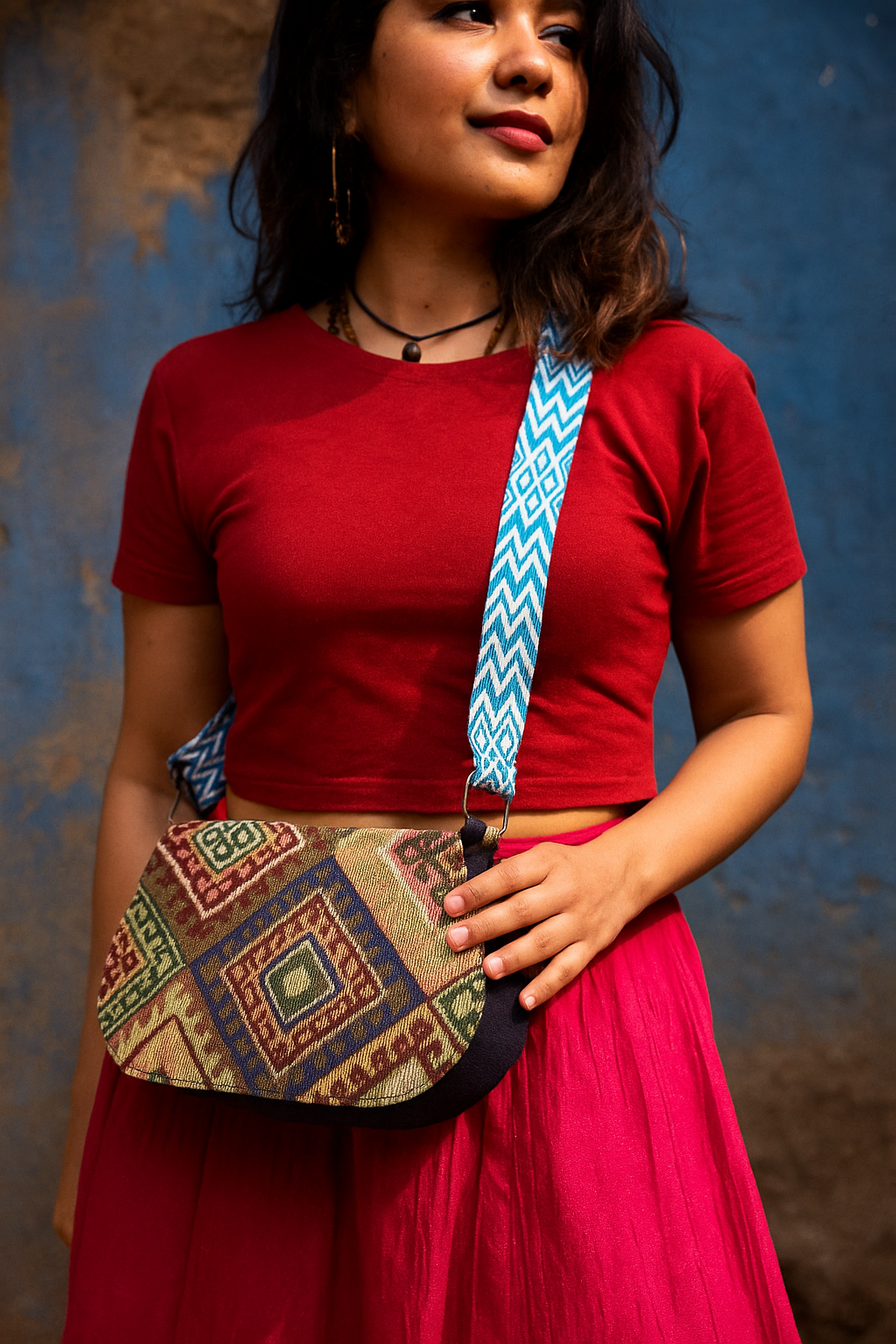

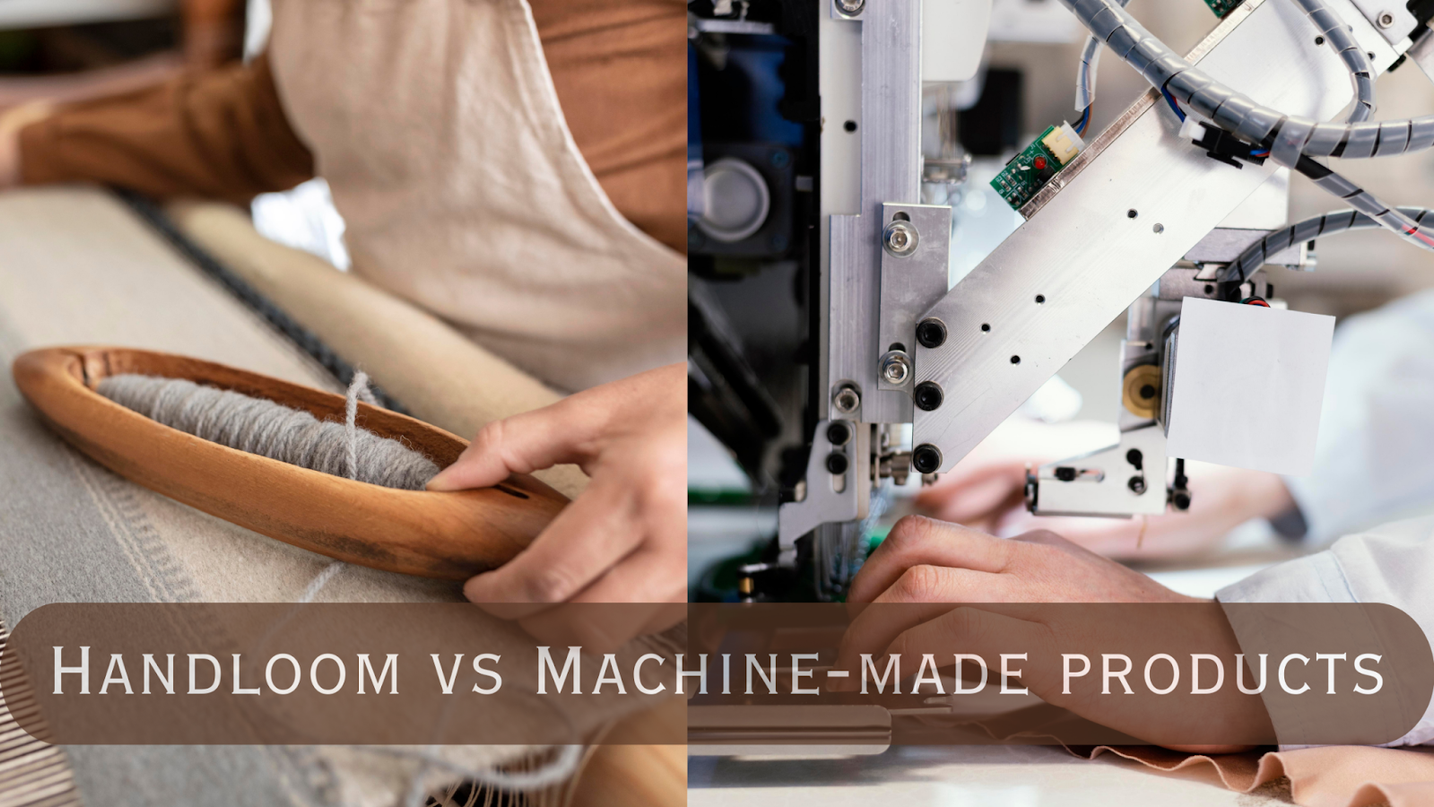
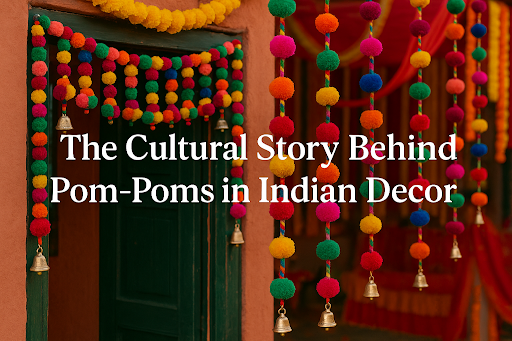
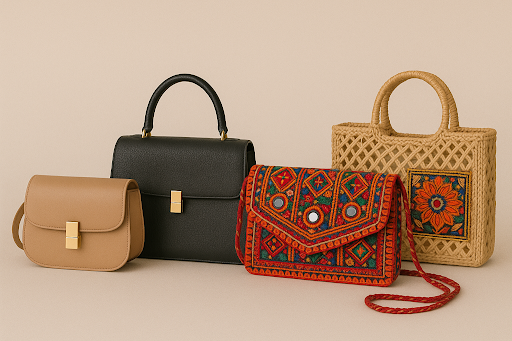

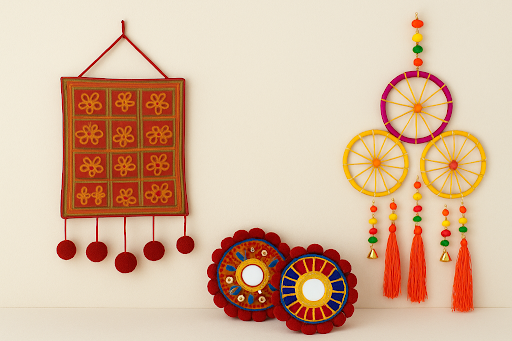
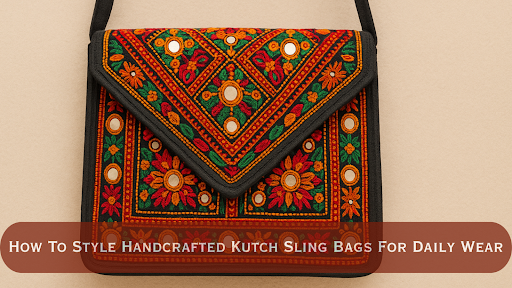
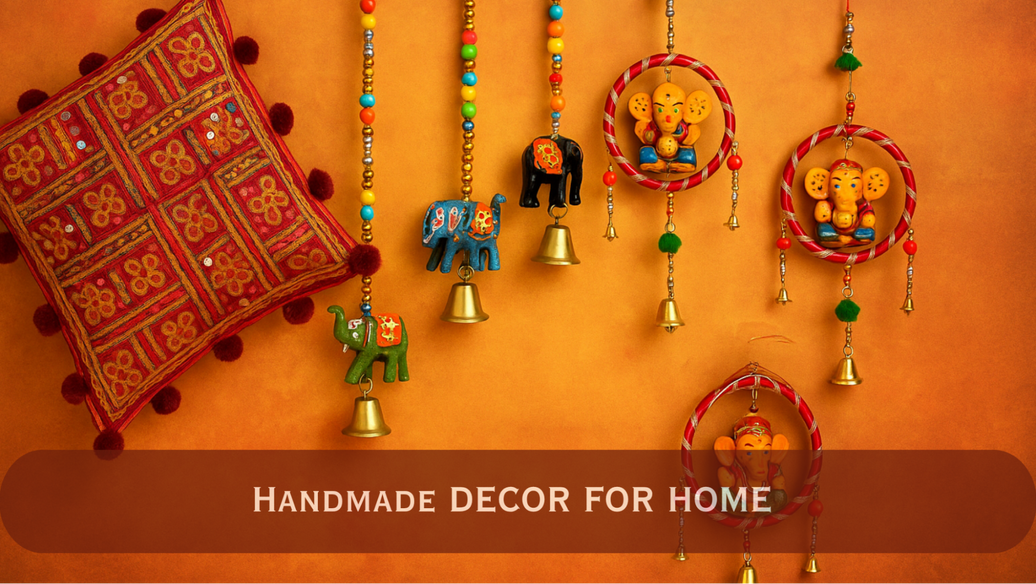
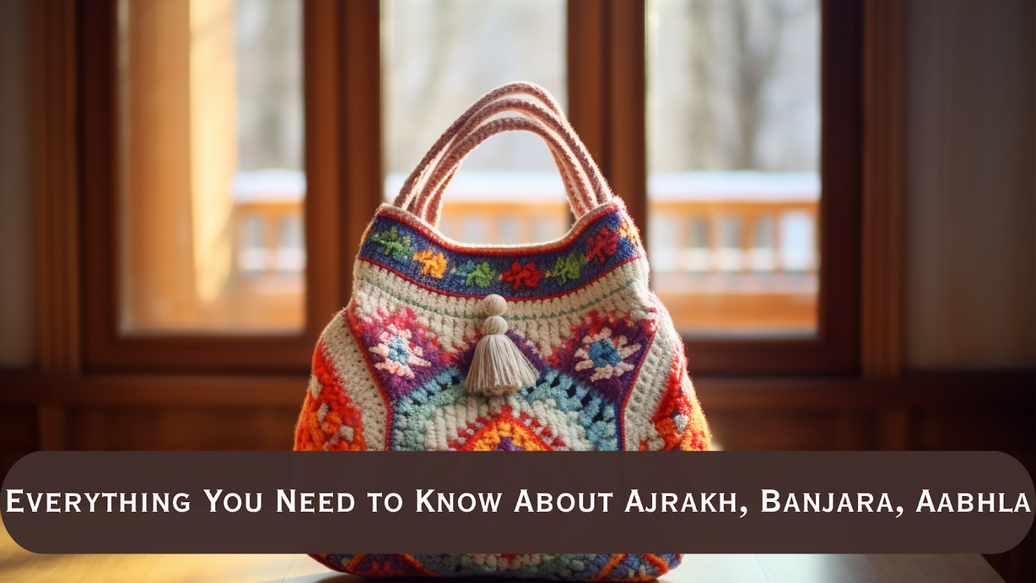
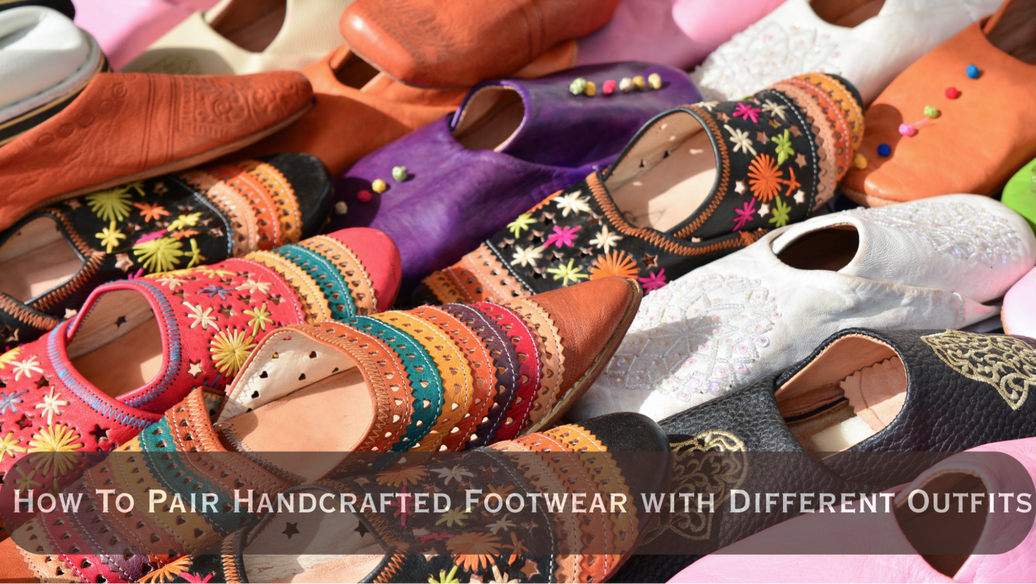
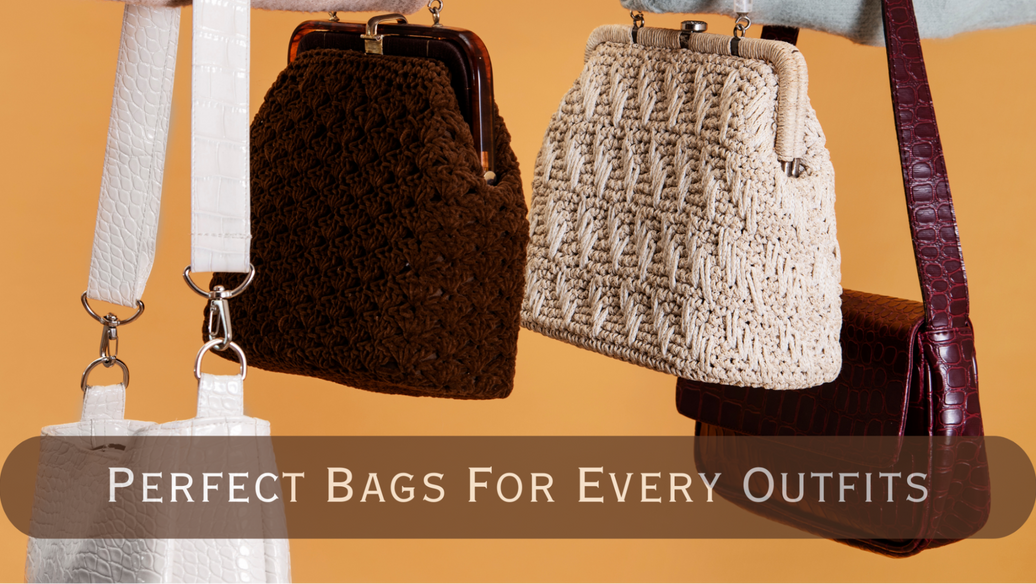
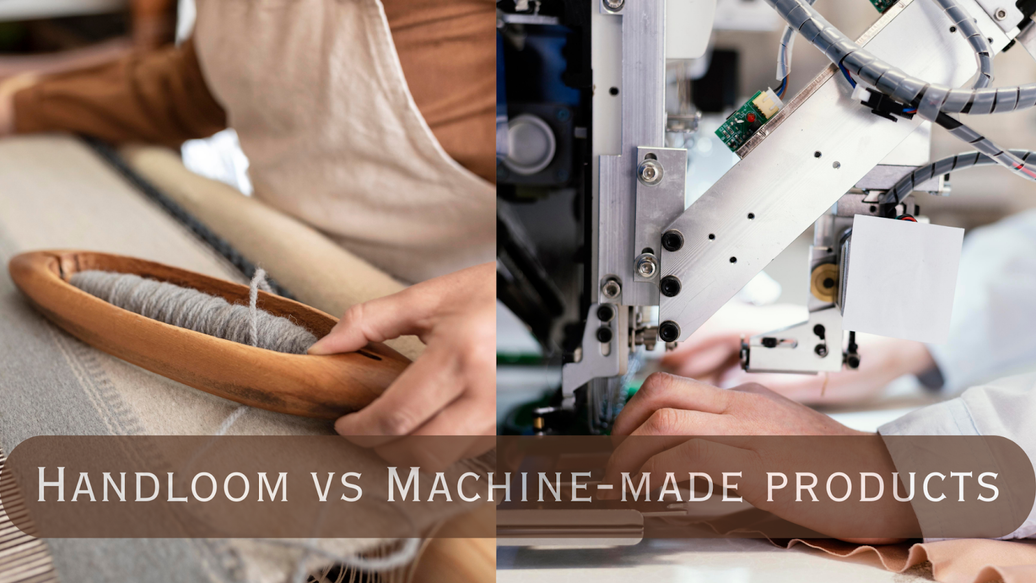

Leave a comment